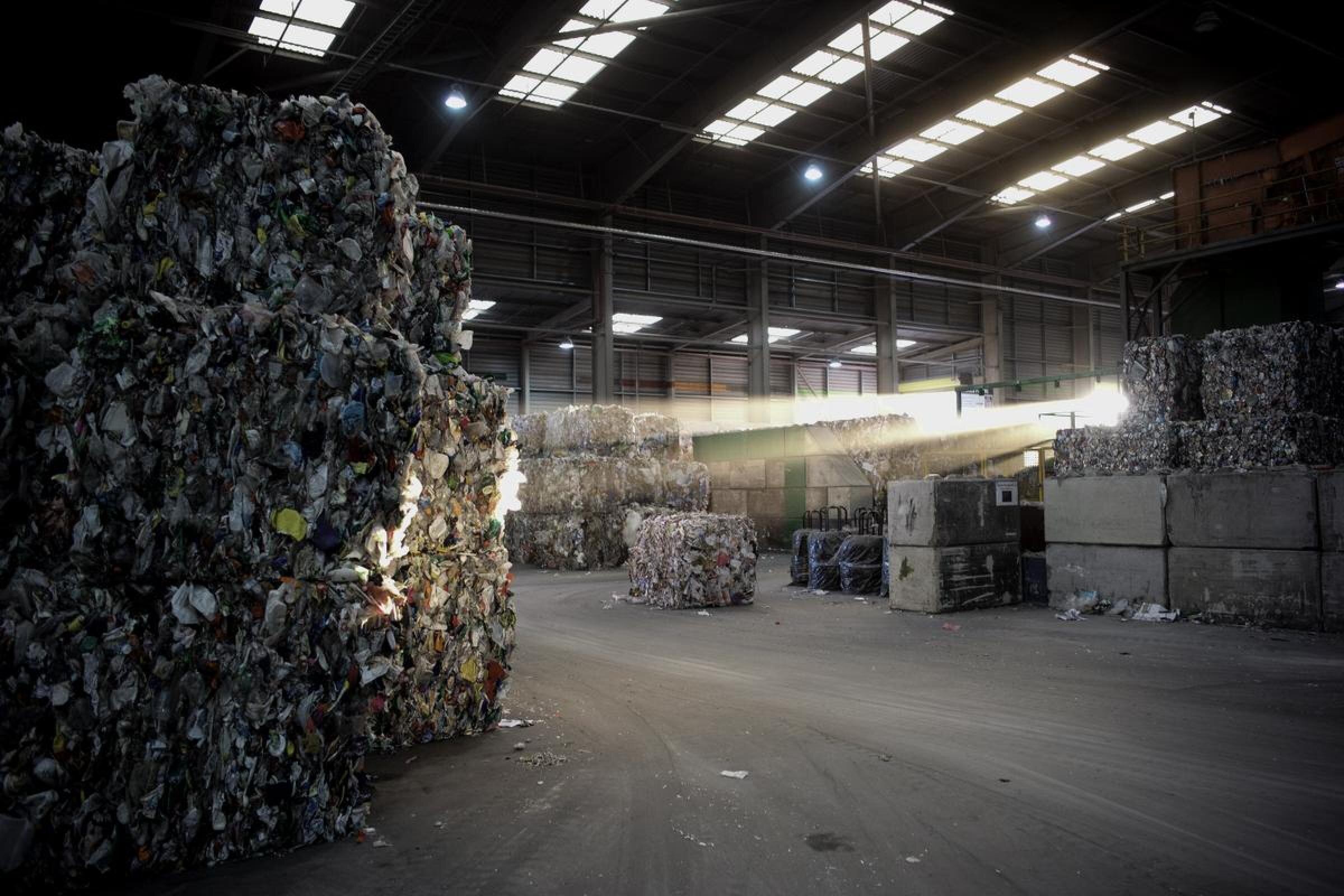
The Plastic Question
Making the Right Choice Is Harder Than It Looks
A Backgrounder Report By: Heather Krause, Chief Data Scientist, Email
PEOPLE ARE WORRIED ABOUT PLASTIC
After reporting and publishing two major stories about the presence of microplastic in our drinking water, the Orb Media team was curious to know what the general population thinks and feels about plastic. We wondered if people in general were worried about the potential harmful effects of plastic and, if so, what were their greatest concerns. We also wanted to know more about the types of solutions people were considering to address the problem of plastic in our world.
To help us address these and other questions, Orb Media has collected survey data from the public. This survey was an open, online-only public opinion survey that was circulated internationally through social media, partner organizations, and data collection services, several targeted standing online data panels. We have spread the survey through diverse channels, to make sure we reached as diverse a group of the public as possible. The sample is a simple convenience sample designed to collect data about what some of the public is thinking and feeling about plastic, the environment, and health.
The survey received 42,270 responses from individuals in more than 30 countries. With that reach, we feel confident that the sample is broad and diverse enough to provide a glimpse into some of the public’s opinions and thoughts on plastic. And the key takeaway is undeniable: There is widespread concern about the impact of plastic in our world.
The people we heard from told us that they are worried about plastic. More than a quarter of people who shared their thoughts said that were "extremely" worried about the impact of plastic in our world. The proportion of people who said they were extremely worried about plastic increased as the age of the respondent increased. People who told us they were the most worried about plastic were the oldest. People who said they were the most worried about plastic were also the wealthiest - followed by the least wealthy. Our middle-income respondents were the least worried.
When asked what aspect of plastic is of most concern to them, more than half (58%) of respondents told us they are most concerned about plastic impacting the physical environment, and just under half (42%) said they are most concerned about plastic having a bad effect on human health.
Many of the people who responded to us shared their opinions on potential solutions to these and other negative impacts of plastic. About a quarter of our respondents suggested that eliminating the use of plastic is the most promising solution. (The problem, as we discuss elsewhere in this package, is studies show that the elimination of plastic from different common applications would likely create greater environmental costs.) Other solutions frequently mentioned were reducing consumption, switching to glass and paper as substitutes, switching to biodegradable plastic, and focusing on cleaning up the litter caused by plastic.
When asked how concerned they were about plastic in our world, on a scale of 1 (not worried at all) to 5 (extremely worried), 16% of respondents said they are not worried at all; 23% are slightly worried; 17% are somewhat worried; 18% are worried; and 26% said they are extremely worried.
The responses were collected through five versions of our online survey. The shortest version of the survey contained only three closed-ended questions and a selection of demographic questions. The longest version of the survey contained eight closed-ended questions, two open-ended questions and a selection of demographics. Where possible, the survey responses were weighted to improve their reliability. However, the survey responses were collected through a convenience sample online so the results of the survey should be generalized to global opinion with care.
Our sample was 51% male and 49% female. The age distribution of our sample was 33% under age 30, 35% between 30 and 59 years, and 32% 60 years and over. Our respondents were asked to choose their income bracket relative to their country. Thirty-eight percent said they were low income, 25% said they were middle income and 38% said they were high income.
We can look at this level of general worry about plastic by several key demographics. In the total sample, 26% of respondents are extremely worried and 16% are not worried at all.
Total Sample
The percent of all respondents who are extremely worried: 26%
The percent of all respondents who are not worried at all: 16%.
The level of worry among the people who replied to our survey increases consistently with age. The older respondents were the most likely to be very worried and the youngest respondents were most likely to not be worried at all. People with both the highest and lowest income are the most likely to be extremely worried.
Are you more concerned about plastic’s impact on human health or the environment?
When we asked some of the respondents what aspect of plastic most worried them--impact on human health or impact on the physical environment--42% of our respondents who answered this question said human health was of most concern and 58% said the environment was of the most concern.
The respondents who were most worried about human health were the youngest respondents, female, and fell in the middle-income group.
Respondents who said they were most worried about the physical environment were the older respondents, male, and fell in both the lowest- and highest-income groups.
Solutions people suggest will work to solve the plastic problems?
We asked our respondents to talk about solutions they think will work to help with the environmental damage from plastic. We did not provide them with multiple choice options; we simply provided an open answer question and allowed them to say whatever they liked. We received the following types of comments:
21% say recycling is the best solution to environmental damage from plastic
14% of respondents suggest stopping all plastic usage
12% of respondents suggest eliminating all single-use plastic
10% of respondents suggest switching to biodegradable plastic
10% recommend we switch all possible products to glass instead of plastic
10% say the solution is reduced consumption
10% think current general plastic litter clean-up projects are the most likely solution to plastic in the environment
5% recommend we switch all possible plastic products to paper
5% favor eliminating current large-scale dumping of plastic into the ocean
4% think current ocean plastic litter clean-up projects are the most likely solution to plastic in the environment
We also asked our respondents to talk about solutions they think will work to help with the potential negative effects of plastic on human health. Again, we did not provide them with multiple choice options;, we simply provided an open answer question and allowed them to say whatever they liked. We received the following types of comments:
33% believe we should refrain from using any plastic
30% say we should drink from glass instead of plastic
26% say we should reduce our use of plastic
16% of respondents believe the best solution is to avoid plastic that contains BPA



